
Experts in dermatology presented ways in which biologic therapies can be given and the duration of treatment when used in pediatric patients with skin conditions.

Experts in dermatology presented ways in which biologic therapies can be given and the duration of treatment when used in pediatric patients with skin conditions.
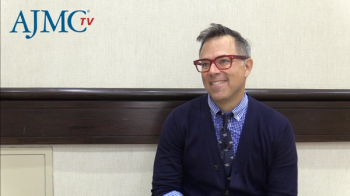
Timothy Caulfield, JD, research director of the Health Law Institute at the University of Alberta, takes a look at the major sources spreading dermatology misinformation to children, including social media.
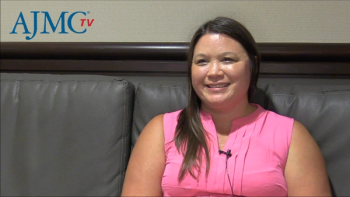
Nichole Halliburton, APRN, CNP, a family nurse practitioner at the Cincinnati Children's Hospital Medical Center, explains the ways that patient education, parents and caregivers, and emerging technologies can help improve the quality of pediatric dermatology care.
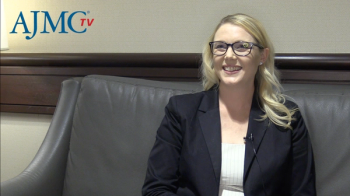
Rebecca Flynn, MSN, APRN, CPNP-PC, a nurse practitioner (NP) at Children's Mercy Kansas City Dermatology, explained the roles that NPs and advanced practice providers (APPs) can fulfill in ensuring the efficiency of triage systems in a pediatric dermatology clinic.

Posters presented at the Society for Pediatric Dermatology Annual Meeting found that pediatric deroofing can lead to patient satisfaction later in life.
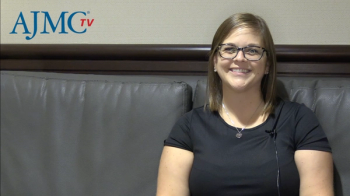
Kelly Harris, APRN, an advanced practice registered nurse at Cincinnati Children's Hospital Medical Center, discusses using mobile care units to deliver dermatology care and education to underserved communities and how health systems can implement them.
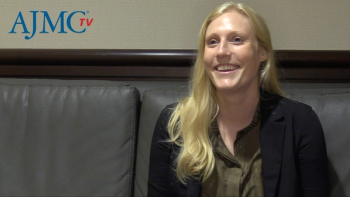
At the Society for Pediatric Dermatology annual conference, Faye Brown, MSN, APRN, FNP-BC, a family nurse practitioner at the University of Colorado School of Medicine, highlights how telemedicine efforts can be utilized within dermatology triage systems to better care for pediatric patients.
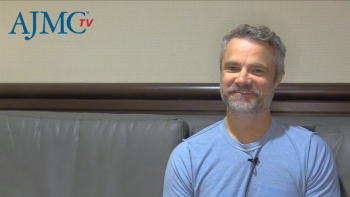
James Treat, MD, goes over some of the ways food can impact patients' atopic dermatitis, as well as the pros and cons of elimination diets to mitigate food-related triggers.

Updates in nonsteroidal topical therapies were presented during a session at the Society for Pediatric Dermatology Annual Meeting.
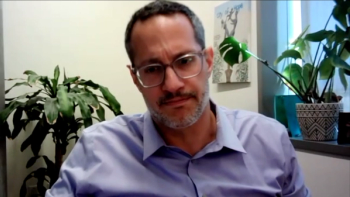
Ibrahim Aldoss, MD, of City of Hope, discusses promising phase 2 results of the WU-CART-007 trial, demonstrating high efficacy manageable safety for W-T7 in relapsed/refractory T-cell acute lymphoblastic leukemia (ALL)/lymphoblastic lymphoma (LBL).

A presentation at the Society for Pediatric Dermatology Annual Conference discussed how to use generative artificial intelligence (AI) to improve processes while working in the dermatology space.
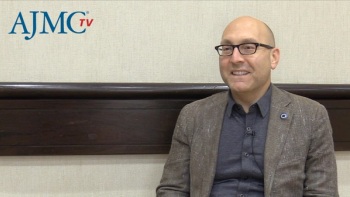
Peter Lio, MD, a dermatologist and clinical assistant professor at Northwestern Feinberg School of Medicine, discusses strategies for managing pediatric atopic dermatitis and how proper management can impact the disease course.
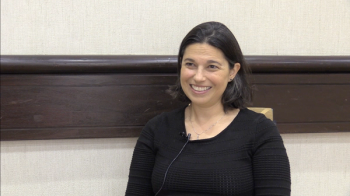
Jennifer Miller, MD, a pediatric endocrinologist at Lurie Children's Hospital, discusses the challenges of systemic corticosteroid use in children, such as adrenal suppression and growth delays.

The Society for Pediatric Dermatology (SPD) Annual Meeting featured a new debates segment where experts in the field discussed preferred strategies for the treatment of pediatric skin conditions.

Twice-daily application of 1.5% ruxolitinib cream was found to be effective in children and adolescents with atopic dermatitis and vitiligo.

The annual meeting will take place in Toronto July 11-15, 2024.

Timothy Caulfield, JD, discusses the sessions he's most looking forward to at this year's Society for Pediatric Dermatology annual meeting, including his talk on overcoming misinformation in pediatric dermatology.
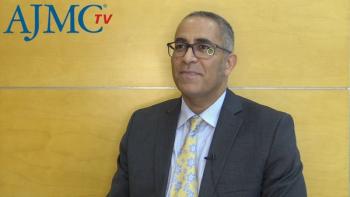
In the final part of our interview with Joseph Mikhael, MD, MEd, FRCPC, FACP, he addresses how patients who experience an early relapse of their multiple myeloma are predisposed to worse outcomes.

Pain improvement was associated with remission or low disease activity in patients undergoing treatment for rheumatoid arthritis, a study found.

Michael Thorpy, MD, professor of neurology, Albert Einstein College of Medicine, discusses the hopeful future of treatment in idiopathic hypersomnia.

In part 2 of our interview with Suzanne Lentzsch, MD, PhD, Columbia University's College of Physicians and Surgeon, she touches on potential new therapies, important clinical considerations, and treatment challenge for relapsed/refractory multiple myeloma.
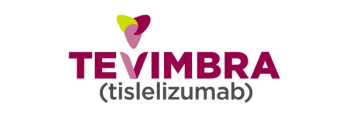
An interview with Mark Lanasa, MD, PhD, BeiGene senior vice president and chief medical officer for solid tumors, conducted at ASCO 2024.

Preexisting spinal damage and higher levels of inflammatory activity at baseline were linked with radiographic progression in axial spondyloarthritis treated with biologic disease-modifying antirheumatic drugs over 2 years regardless of treatment type.

Bimekizumab demonstrated safety and efficacy at 2 years among patients with nonradiographic axial spondyloarthritis (nr-axSpA) and ankylosing spondylitis (AS).

Ishwaria Subbiah, MD, of SCRI Oncology Partners, discusses new findings presented at ASCO 2024. This interview will appear in the annual ASCO recap issue of Evidence-Based Oncology.
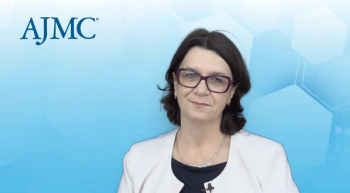
Leda Mannent, MD, global project head, Immunology and Inflammation, Sanofi, discusses efficacy outcomes in patients with asthma who received rilzabrutinib.

In this interview from our coverage of the European Hematology Association 2024 Congress, Joseph Mikhael, MD, MEd, FRCPC, FACP, International Myeloma Foundation, discusses the complex principles that underlie treating multiple myeloma (MM) in the US.

A study finds limited changes in hospice utilization, highlighting challenges in real-world implementation.

The ENV-101 phase 2a trial for idiopathic pulmonary fibrosis (IPF) focused on assessing safety, lung function, and fibrosis, with plans for further trials, combination therapies, and strategies to manage adverse effects.

Experts share their biggest takeaways from the European Hematology Association (EHA) 2024 Congress.

259 Prospect Plains Rd, Bldg H
Cranbury, NJ 08512
© 2025 MJH Life Sciences®
All rights reserved.
